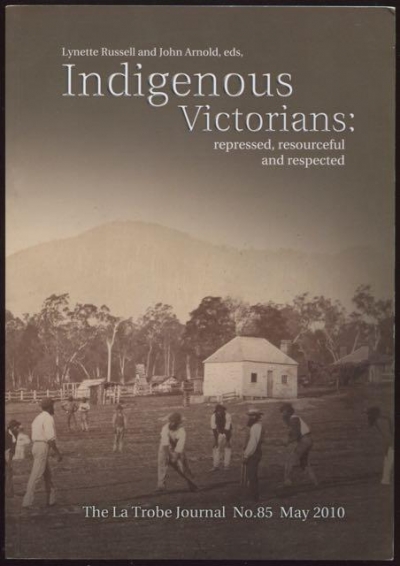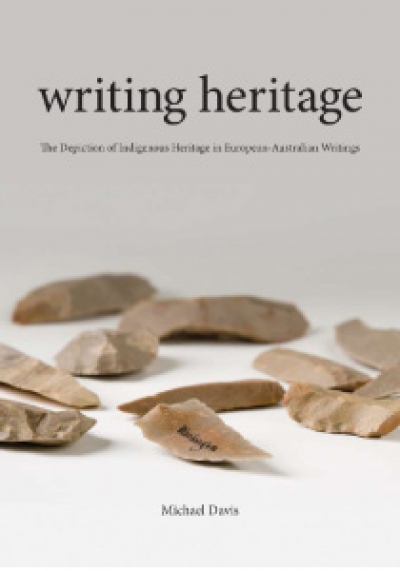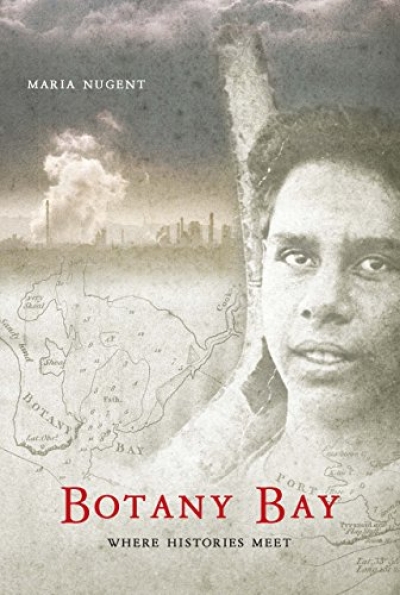Maria Nugent
Indigenous Victorians: The La Trobe Journal, no. 85 edited by Lynette Russell and John Arnold
by Maria Nugent •
Writing Heritage: The depiction of Indigenous heritage in European-Australian writing by Michael Davis
by Maria Nugent •
Want to write a letter to ABR? Send one to us at This email address is being protected from spambots. You need JavaScript enabled to view it..
... (read more)


